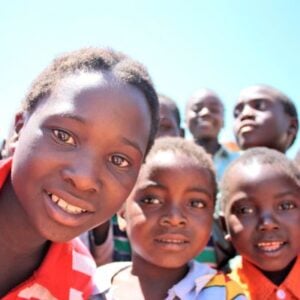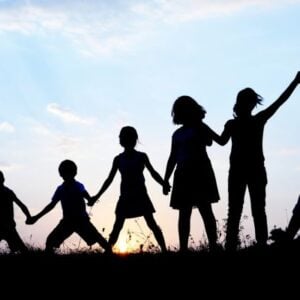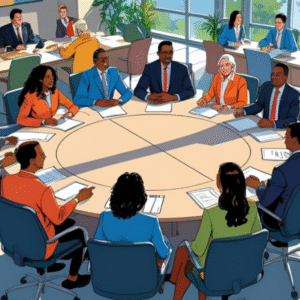A new World Health Organization (WHO) report warns that corporal punishment remains widespread globally and poses serious risks to children’s health and development. An estimated 1.2 billion children aged 0–18 years experience physical punishment at home each year. Data from 58 countries reveal that 17% of children subjected to corporal punishment in the past month endured its most severe forms, such as being struck on the head, face, or ears, or being hit hard and repeatedly.
The prevalence of corporal punishment varies significantly across countries. Among children aged 2–14 years, rates reported by parents and caregivers range from 30% in Kazakhstan and 32% in Ukraine, to much higher levels of 63% in Serbia, 64% in Sierra Leone, and 77% in Togo. In schools, the practice is equally widespread, with about 70% of children in Africa and Central America experiencing corporal punishment, compared with 25% in the Western Pacific region.
The WHO report emphasizes that corporal punishment carries no benefits to children, families, or societies. Instead, it presents multiple health risks. Children most vulnerable include those with disabilities, those whose parents were also subjected to corporal punishment, and those living in households affected by substance abuse, depression, or other mental health challenges. Broader social issues such as poverty, racism, and discrimination also heighten the likelihood of children being exposed to such punishment.
The health impacts of corporal punishment extend beyond immediate injuries. It can trigger harmful biological responses, including heightened stress reactions and alterations in brain structure and function that disrupt healthy development. Evidence from 49 low- and middle-income countries shows that children exposed to corporal punishment are, on average, 24% less likely to be developmentally on track compared to peers not exposed. The mental health consequences are also profound, with increased risks of anxiety, depression, low self-esteem, and emotional instability. These effects often carry into adulthood, leading to higher rates of substance abuse, depression, and even suicidal behavior.
Beyond individual harm, corporal punishment has wider societal effects. Children exposed to it are more likely to develop aggressive behaviors, face academic challenges, and, later in life, engage in violent, antisocial, or criminal behavior. Its continued use perpetuates a culture of violence, reinforcing cycles that span across generations.
While many countries have banned corporal punishment, the report underscores that laws alone are not sufficient to eradicate the practice. WHO stresses the need for complementary measures such as public education campaigns and direct support for parents, caregivers, and teachers to encourage non-violent, positive discipline strategies. The report, Corporal punishment of children: the public health impact, calls for urgent action to protect children’s well-being and break the cycles of violence that harm individuals and societies alike.






